
12 Best Foods To Support Digestive and Gut Health
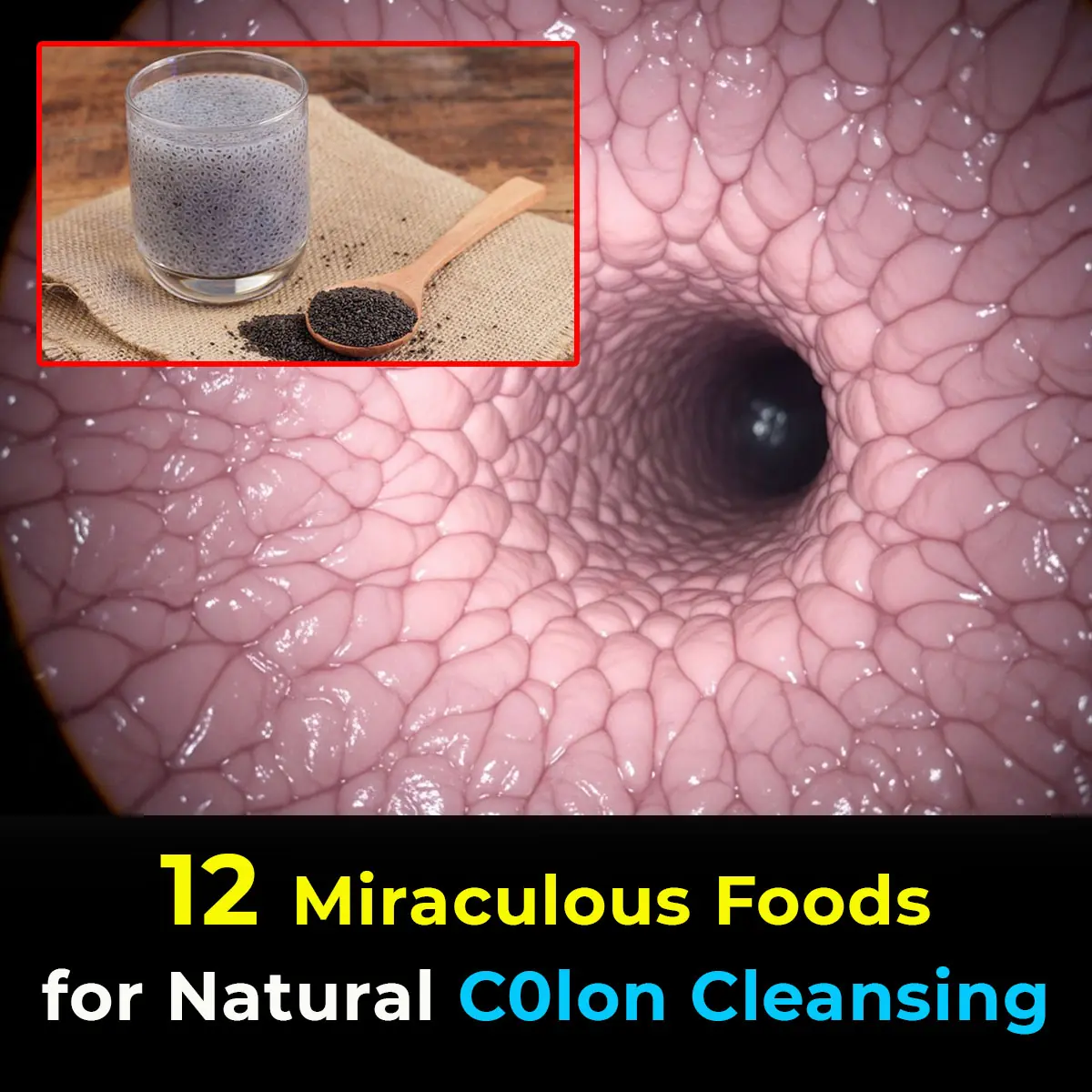
12 Best Foods to Improve Gut and Digestive Health
The growing attention around gut health isn’t just a passing trend. There’s good reason for the focus—our digestion and gut function are deeply tied to our overall health and wellbeing. Unfortunately, many of the foods and habits common in modern life work against a healthy gut. The good news is that diet is one area we can control. What we choose to eat plays a direct role in shaping gut health, and some foods stand out for their ability to keep the digestive system functioning smoothly.
What Do We Mean by “Gut”?
When we talk about the gut, we’re referring to the billions of bacteria living throughout the digestive system. These bacteria help process food, absorb nutrients, and protect against harmful microorganisms. The foods you eat can either create an environment that supports healthy bacteria or one that encourages harmful strains.
A balanced diet—rich in fruits, vegetables, whole grains, lean protein, and healthy fats, while low in added sugars, salt, and processed products—forms the foundation of gut health. Beyond this general approach, certain foods provide specific benefits that help digestion and bacterial balance.
Here are the 12 best foods to include regularly in your diet for gut and digestive health.
1. Yogurt
Yogurt is one of the most popular foods for gut health because it contains probiotics—live bacteria that support digestion and balance gut flora. Choosing the right yogurt matters: opt for plain, unsweetened varieties without artificial additives. You can always add your own flavor with fresh fruit or a drizzle of honey.
2. Apples
Apples are high in pectin, a soluble fiber that helps regulate stool consistency, making bowel movements smoother and more regular. They support nutrient absorption and reduce the likelihood of digestive discomforts such as constipation or diarrhea.
3. Fennel
With its natural fiber content, fennel helps prevent constipation and reduces bloating or cramping. It may even freshen breath. However, moderation is key—excessive amounts, especially in supplement form, can cause water retention or swelling in some people.
4. Chia Seeds
Chia seeds provide soluble fiber that encourages healthy bacteria growth and keeps the bowels moving regularly. They also contain essential omega-3 fatty acids. While beneficial, they should be consumed in sensible portions, since overuse can cause discomfort.
5. Papaya
Papaya contains papain, a digestive enzyme that helps break down proteins and may ease symptoms of irritable bowel syndrome (IBS). This fruit is also packed with vitamin C and antioxidants. Adding papaya to yogurt with oats and honey makes for a digestion-friendly breakfast.
6. Whole Grains
Grains like oats, quinoa, and whole wheat provide fiber that adds bulk to stools and fuels beneficial gut bacteria. Despite fad diets discouraging grain consumption, they remain an important part of a healthy diet—though portion size should reflect your activity levels.
7. Beets
Beets deliver a good dose of dietary fiber, supporting gut bacteria and digestive flow. They can be roasted for savory dishes or blended into smoothies. Keep in mind that eating beets may temporarily color your urine red and sometimes speed up bowel movements.
8. Ginger
Used in traditional medicine for centuries, ginger supports digestion, eases nausea, and helps move food more efficiently through the stomach. Fresh ginger is generally more effective than powdered forms, though both have benefits.
9. Dark Green Vegetables
Vegetables like kale, spinach, arugula, and broccoli are rich in insoluble fiber and magnesium, which promote bowel regularity. These greens also contain prebiotics, a type of fiber that feeds healthy bacteria, and are loaded with vitamins and minerals essential for overall wellness.
10. Salmon
Salmon is a powerful source of omega-3 fatty acids, which help reduce inflammation in the digestive tract. Since inflammation is a common driver of bloating and gut discomfort, incorporating salmon—preferably from sustainable sources—can benefit both digestion and overall health.
11. Fermented Foods
Fermented foods are packed with probiotics that aid digestion and boost gut health. Examples include:
-
Kefir – improves lactose digestion and reduces inflammation. Non-dairy options are available.
-
Kombucha – a fermented tea rich in beneficial bacteria. Choose varieties with low sugar.
-
Miso – made from fermented soybeans, supports gut bacteria but watch the salt content.
-
Kimchi – spicy fermented vegetables that boost colon health.
-
Natto & Tempeh – fermented soy foods high in probiotics and vitamin K.
-
Sauerkraut – fermented cabbage rich in probiotics and digestive enzymes.
Look for minimally processed, low-sodium versions to maximize benefits.
12. Bone Broth
Bone broth, made by simmering animal bones and connective tissue for long periods, contains gelatin, glutamine, and glycine—amino acids that strengthen the intestinal lining, reduce inflammation, and support digestion. Homemade versions with added vegetables like carrots or celery are ideal, though organic store-bought options are also available if they are low in sodium and additives.
Eating for a Healthy Gut
Your gut plays a critical role in energy, immunity, mood, and even skin health. When digestion is compromised, many other areas of health also suffer. Supporting your gut means prioritizing:
-
Whole, unprocessed foods
-
Organic produce whenever possible
-
Reduced intake of processed and high-sugar foods
By including the foods listed above in your regular diet, you can create a gut environment that encourages healthy bacteria, reduces digestive issues, and supports overall wellbeing.
News in the same category

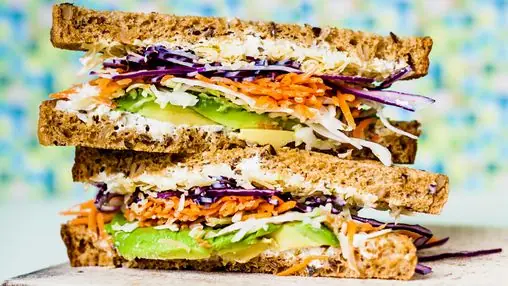
10 Healthy Sandwich Dos and Don’ts
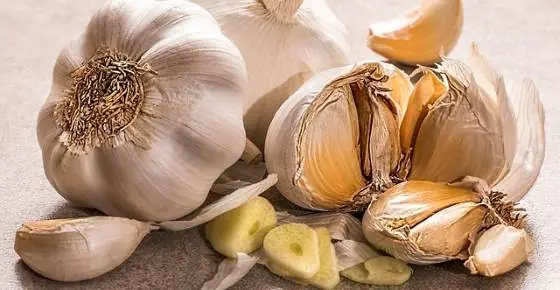
Medicinal Health Benefits of Garlic (Raw, Supplement) – Science Based

Why You Should Wash Your Face With Apple Cider Vinegar

If Your Feet Swell It Is a Clear Sign

What Your Feet Are Telling You

6 Health Benefits of Sleeping In a Cold Room and How to Make it Cooler- And Why You May Not Want to Use a Fan

10 Symptoms of Diabetes That May Show Up In Your Feet

This is what sleeping on the left side does for our brain, stomach & glymphatic health

Study suggests anal cancer is on the rise and reveals who’s most at risk

Wife Complains of a Headache, Sleeps, and Dies Without Husband Knowing: This Type of Headache Requires Immediate Hospitalization!

Shocking Effects of Sleeping Less Than 7 Hours — What Really Happens to Your Body
Getting less than seven hours of sleep might feel harmless, but science shows it can quietly damage your body in ways you don’t expect. From hormonal imbalances to skin problems and even digestive issues, sleep deprivation affects far more than just you

Doctors Explain Why You Should Never Hold Back a Fart
On average, every person passes gas 14 to 23 times per day—it’s a natural part of being human and actually shows that your digestive system is functioning properly.

Scientists Invent Smart Tooth That Grows Into Your Gums And Connects To Nerves Like the Real Thing

Scientists Say This New Stem Cell Treatment Could End Type 1 Diabetes for Good

Everyday Habits That Can Cause a This Issue To Your Hands

My Nana’s Homemade Cure for Stubborn Throat Mucus That Works Every Time

Doctors Are Shocked by What Happens When You Eat Chia Seeds First Thing in the Morning
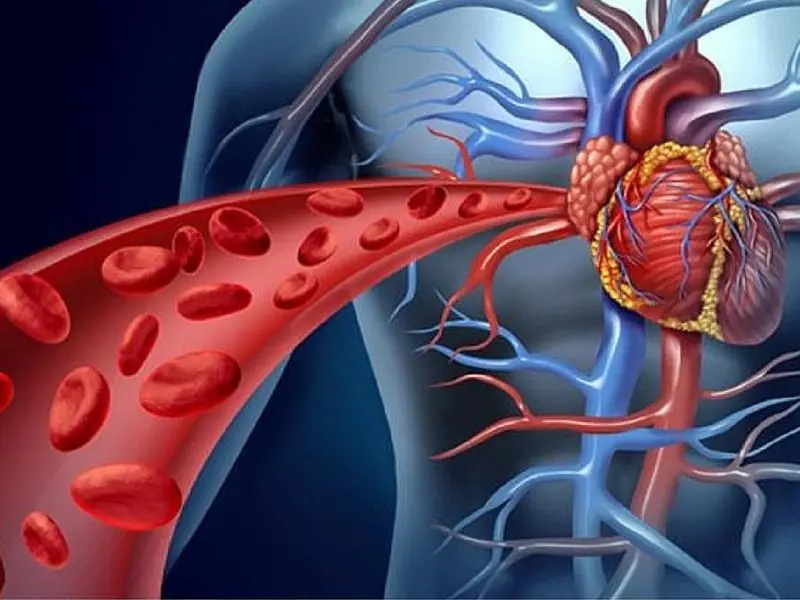
Warning Signs of Poor Blood Circulation That Are Easy to Ignore
News Post

Menopause Symptoms That May Surprise You

10 Healthy Sandwich Dos and Don’ts

Never Ever Say These 4 Things at a Funeral — No Matter the Situation
When it comes to funerals and expressions of sympathy, your words don’t need to be profound or poetic.

🥥 15 Compelling Reasons to Include Coconut Water in Your Daily Routine

🌿 30 Remarkable Benefits of Avocado Leaves

🌿 Natural Collagen Boost: Garlic Remedy for Smoother Skin

✨ Brighten Your Smile Naturally: A Simple DIY Teeth Whitening Remedy
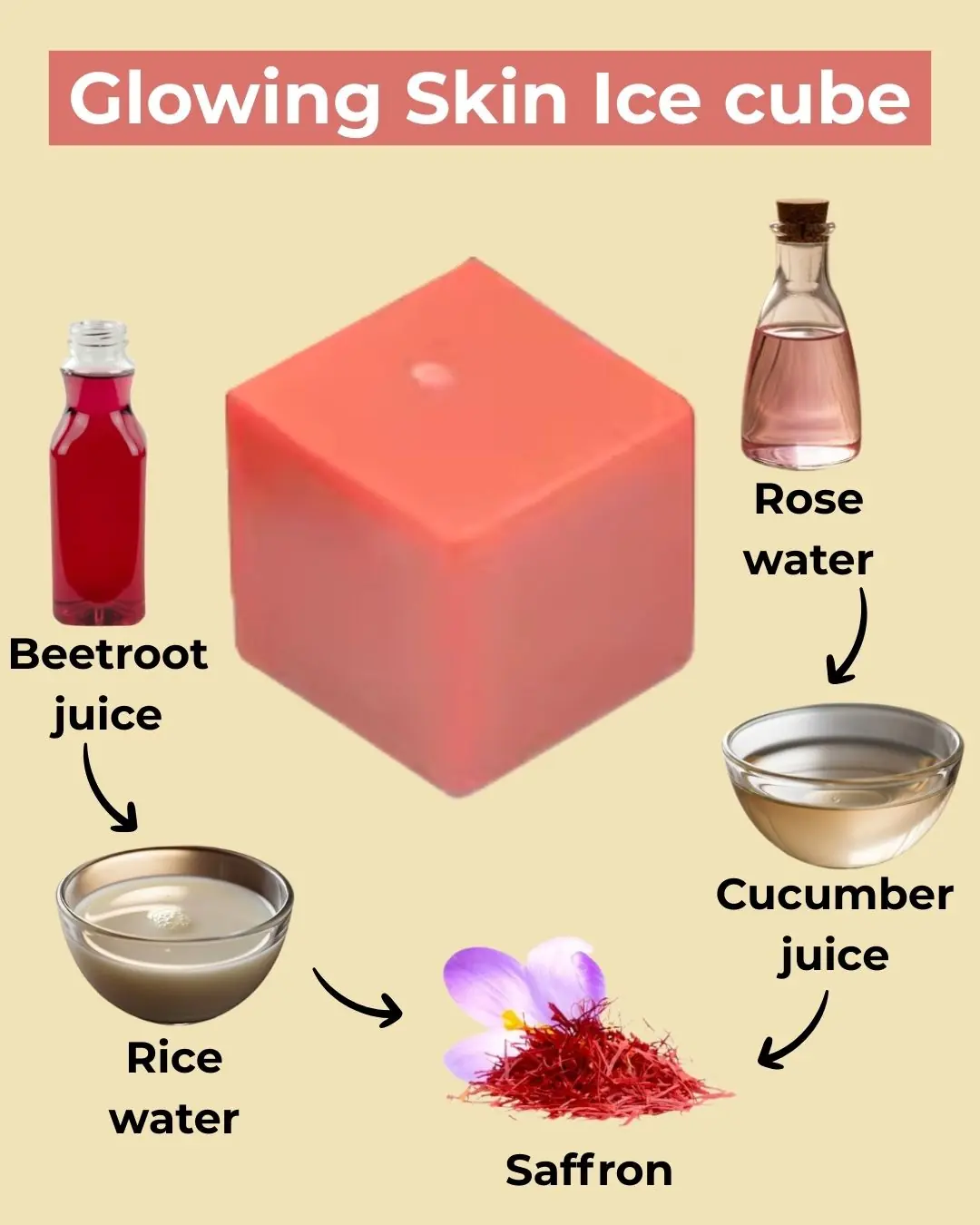
🌟 DIY Collagen Ice Cubes for Radiant Skin

🌿 3 Natural Home Remedies to Remove Skin Tags Safely

Medicinal Health Benefits of Garlic (Raw, Supplement) – Science Based

Why You Should Wash Your Face With Apple Cider Vinegar

If Your Feet Swell It Is a Clear Sign

What Your Feet Are Telling You

6 Health Benefits of Sleeping In a Cold Room and How to Make it Cooler- And Why You May Not Want to Use a Fan

The Hidden Meaning Behind Leg-crossing — It’s More Than Just Comfort

10 Symptoms of Diabetes That May Show Up In Your Feet

How To Properly Dispose of Ticks

This is what sleeping on the left side does for our brain, stomach & glymphatic health
